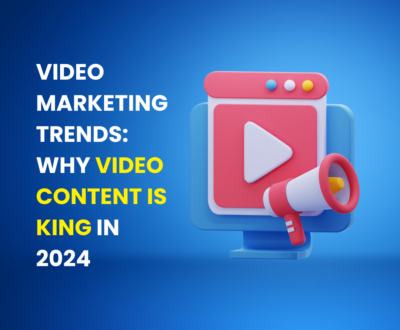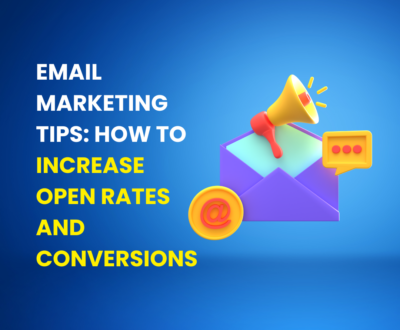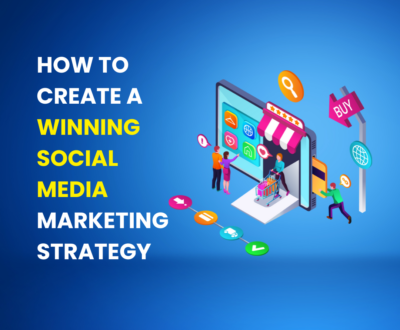
In today’s fast-paced digital landscape, businesses must stay ahead of the curve to remain competitive. Digital marketing strategies are constantly evolving, and keeping up with the latest trends can make a significant impact on your brand’s success. In 2024, leveraging innovative online marketing tips is crucial for growth and sustainability.
Importance of a Strong Online Presence
A robust online presence is essential for businesses of all sizes. With more consumers relying on digital channels to research and purchase products, having a well-optimized digital marketing strategy can increase visibility, engagement, and conversions. Implementing effective digital marketing strategies can help your business reach its target audience, build credibility, and drive revenue.
Strategy 1: Search Engine Optimization (SEO)
SEO is the foundation of any successful online marketing campaign. Optimizing your website for search engines helps improve organic rankings, driving more traffic and potential customers to your site. Key aspects of SEO include keyword research, on-page optimization, quality content, and backlinks. Staying updated with search engine algorithm changes is crucial for sustained success.
Strategy 2: Social Media Marketing
Social media platforms like Facebook, Instagram, LinkedIn, and Twitter offer businesses an opportunity to connect with their audience on a personal level. By creating engaging content, running targeted ads, and interacting with followers, you can boost brand awareness and foster customer loyalty.
Strategy 3: Content Marketing
High-quality content remains king in digital marketing. Blog posts, infographics, ebooks, and case studies help attract, educate, and retain customers. A well-planned content strategy aligned with your audience’s needs can position your brand as an industry leader.
Strategy 4: Email Marketing
Email marketing is one of the most cost-effective ways to nurture leads and retain customers. Personalized and automated email campaigns help businesses keep in touch with their audience, promote products, and drive sales. Using segmentation and A/B testing can enhance email performance.
Strategy 5: Pay-Per-Click (PPC) Advertising
PPC advertising allows businesses to reach potential customers through paid search and display ads. Platforms like Google Ads and Facebook Ads enable targeted campaigns based on demographics, interests, and behaviors, ensuring higher conversion rates and ROI.
Strategy 6: Influencer Marketing
Collaborating with influencers can boost brand credibility and expand reach. Influencers have established trust with their followers, making their recommendations more impactful. Choosing the right influencers relevant to your industry can significantly enhance brand awareness and customer engagement.
Strategy 7: Video Marketing
Video content continues to dominate digital marketing. Platforms like YouTube, TikTok, and Instagram Reels offer businesses a chance to create compelling video content that educates, entertains, and converts viewers into customers. Live streaming and interactive videos further enhance engagement.
Strategy 8: Affiliate Marketing
Affiliate marketing allows businesses to leverage third-party promoters to drive sales. By offering commissions to affiliates who generate leads or purchases, companies can expand their reach with minimal upfront costs. A well-managed affiliate program can be a powerful revenue driver.
Strategy 9: Mobile Marketing
With mobile device usage at an all-time high, businesses must optimize their marketing strategies for mobile users. This includes responsive website design, mobile-friendly content, SMS marketing, and app-based promotions. Mobile marketing ensures a seamless experience for users on-the-go.
Strategy 10: Analytics and Data-Driven Decisions
Data analytics play a crucial role in digital marketing success. Monitoring key performance indicators (KPIs), tracking user behavior, and analyzing campaign results help businesses make informed decisions. Utilizing tools like Google Analytics and AI-powered insights can optimize marketing efforts and improve ROI.
Conclusion: How to Implement These Strategies
Implementing these digital marketing strategies requires careful planning, consistent effort, and ongoing optimization. Start by assessing your current marketing efforts, setting clear goals, and gradually integrating these strategies into your business plan. By leveraging data, staying adaptable, and focusing on customer needs, you can effectively grow your business in 2024 and beyond.
Boost your website ranking: click here
Marketing strategies to grow business: click here








